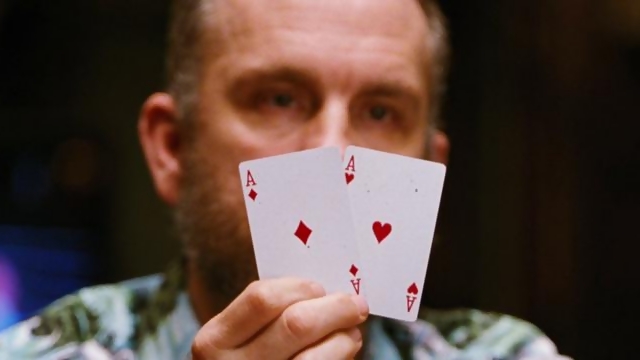No new card games are patent-eligible without the invention of a new deck
On October 26, 2010, two enterprising individuals from New Jersey filed a patent application with the United States Patent and Trademark Office for a “Blackjack Variation.”[1] The Smiths sought to acquire patent rights to a new casino game they called “Pacific Rim Blackjack.” It appears that these inventors created a card game variant that merges the concepts of blackjack with Baccarat. The application claims that “casinos are in constant need of new games of chance to retain and attract patrons.” Additionally, the patent application asserts that existing games of chance such as blackjack, Three-Card Poker™, Baccarat, and Pai Gow are “popular” but “suffer from drawbacks.”
Due to the applicants’ unprovoked attack on the greatness that is Pai Gow poker, the USPTO rejected the patent application in whole. Well, okay, the patent examiner and later the Patent Trial and Appeal Board (PTAB) actually rejected the application on grounds that the alleged invention is “abstract” and therefore not patent eligible subject matter. The inventors appealed this decision and on March 10, 2016, the Federal Circuit affirmed.[2] Though the interesting part of the decision is not the rejection of the application itself – it was the Federal Circuit’s rationale and hints at the types of card games that might actually be patentable.


Recent Comments